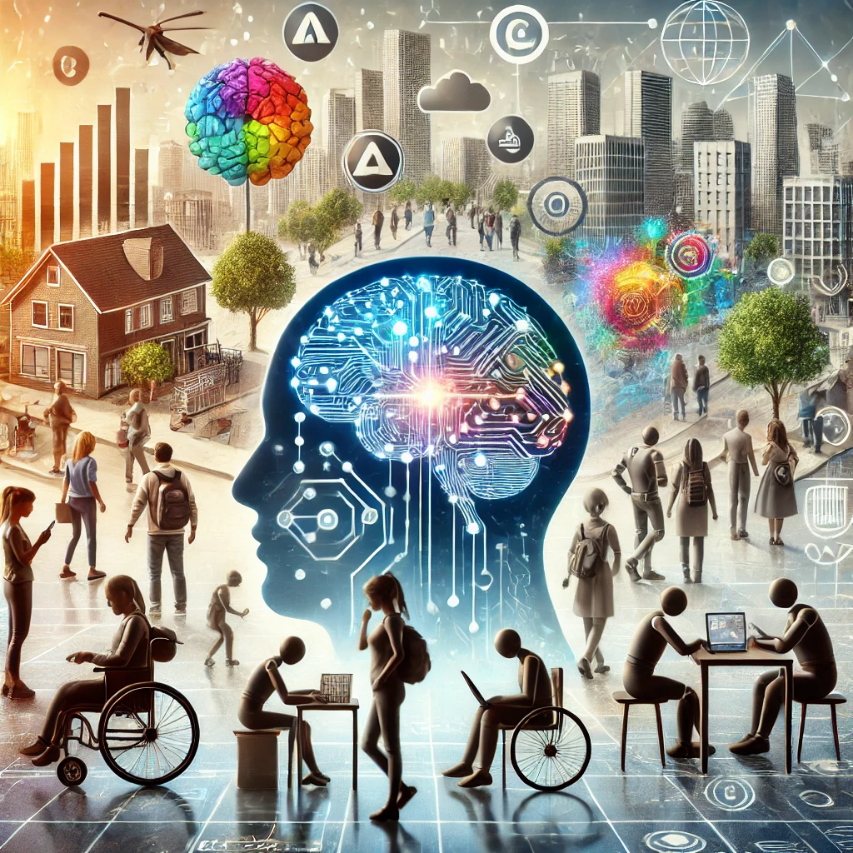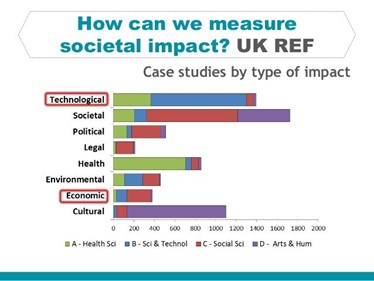What are the ethical concerns with using AI for physical or cognitive augmentation?

What are the ethical concerns with using AI for physical or cognitive augmentation?
by Maximilian 03:40pm Jan 30, 2025

The use of AI for physical or cognitive augmentation raises several ethical concerns, primarily related to fairness, privacy, autonomy, safety, and social implications. These concerns must be addressed to ensure that such technologies are developed and used responsibly. Below are some of the key ethical issues:
1. Equity and Access
Disparity in Access: One of the major ethical concerns is the potential for unequal access to AI-powered augmentation technologies. If only certain groups (e.g., the wealthy, privileged, or specific regions) can access these technologies, it could exacerbate existing inequalities in society. People without access to such advancements might fall further behind in terms of cognitive or physical abilities, creating a divide between "augmented" and "non-augmented" individuals.
Social Stratification: There is a risk that cognitive or physical augmentation could lead to new forms of social stratification, where augmented individuals are perceived as superior or more capable, potentially leading to discrimination or stigmatization of those who cannot afford or choose not to use augmentation technologies.

2. Privacy and Data Security
Invasive Data Collection: AI-powered augmentations, especially those that involve brain-computer interfaces (BCIs), often require continuous monitoring of sensitive data, such as brainwave patterns or physical movement. The collection, storage, and analysis of such personal data raise significant privacy concerns, especially regarding how it is used and who has access to it.
Data Misuse: There is a risk that the data collected through cognitive and physical augmentation devices could be misused, either by companies, governments, or malicious actors. For example, brain data might be used for targeted marketing, surveillance, or even manipulative purposes, compromising the individual's right to privacy.
3. Autonomy and Informed Consent
Loss of Autonomy: Cognitive augmentation, particularly through AI and BCIs, could lead to concerns over autonomy. If AI systems have too much control over cognitive or physical functions (e.g., automated decision-making or neural modifications), individuals may lose their ability to make free, independent choices. The ethical principle of autonomy demands that individuals have control over their own bodies and minds.
Informed Consent: Ensuring that individuals fully understand the implications of using AI-powered augmentation technologies is crucial. The complexities of these technologies, especially in the context of brain and neural augmentation, can make it difficult for individuals to provide truly informed consent. People must understand not only the benefits but also the risks, side effects, and long-term consequences of augmentation.

4. Safety and Health Risks
Unintended Consequences: Augmentation technologies, especially those that interact with the brain or nervous system, can have unintended side effects. There may be risks of physical harm (e.g., from malfunctioning implants) or cognitive disruption (e.g., changes in memory, emotions, or personality). The long-term health effects of some augmentation technologies are still unknown, and individuals may face risks without fully understanding them.
Dependence and Addiction: There is a concern that individuals may become dependent on AI-powered augmentations for cognitive or physical performance, leading to a diminished sense of self-efficacy or reliance on external technologies. In extreme cases, individuals could develop addiction-like behaviors, especially if they start to rely on cognitive enhancements for everyday tasks or mental well-being.
5. Manipulation and Control
Mind Control and Manipulation: AI-powered cognitive augmentations or BCIs can potentially be used to manipulate or control an individual’s thoughts, emotions, or behaviors. For example, malicious actors or governments could exploit such technologies for mind control, coercion, or propaganda. There are also concerns about the potential for "hacking" of neural implants or cognitive devices that could alter a person’s thoughts or actions without their consent.
Loss of Free Will: If AI systems are used to directly influence cognitive functions (e.g., modifying thoughts, enhancing decision-making, or altering behavior), there is a risk that individuals may lose their sense of free will. This could have profound ethical implications, especially in the context of personal identity, responsibility, and agency.
6. Redefining Human Identity and Personhood
Changing Human Nature: The augmentation of human capabilities through AI and neural enhancements challenges traditional notions of what it means to be human. Enhancing cognitive or physical abilities through AI may blur the lines between human and machine, raising philosophical questions about human identity and personhood.
Potential for "Superhumans": The creation of individuals with enhanced cognitive or physical abilities could lead to a situation where those who have access to augmentation technologies may be seen as "superhuman" in comparison to others. This could raise questions about fairness, merit, and the value of natural human abilities.

7. Ethical Use in Vulnerable Populations
Children and Cognitive Enhancement: Cognitive enhancements, especially when used in children or young adults, raise ethical concerns regarding developmental stages. There is a risk that enhancements could alter cognitive development in unintended ways, potentially leading to long-term psychological or social consequences.
Disability and Augmentation: While AI-powered augmentations can help individuals with disabilities, there is also concern that augmentations may be used to push people with disabilities to conform to "norms" of ability, rather than focusing on improving accessibility and inclusion. Additionally, there is a risk that augmentation could become a societal expectation, leading to pressure on people with disabilities to undergo augmentation treatments, even if they do not want them.
8. Long-Term Societal Impacts
Job Displacement and Economic Inequality: Widespread adoption of AI and cognitive augmentation technologies could potentially disrupt the job market. People with cognitive or physical enhancements might outperform those who do not have access to such technologies, leading to economic inequality and job displacement in certain sectors. Moreover, industries focused on AI augmentation might disproportionately benefit from these technologies, widening wealth gaps.
Ethics of Enhancement vs. Therapy: Another ethical issue is the distinction between therapeutic use (e.g., restoring lost cognitive or physical function) and enhancement (e.g., improving abilities beyond the normal range). While therapy aims to restore individuals to baseline functioning, enhancement goes beyond this, potentially creating ethical dilemmas about fairness and the natural state of being.

Conclusion:
The ethical concerns surrounding the use of AI for physical and cognitive augmentation are complex and multifaceted. They encompass issues of equity, privacy, autonomy, safety, and the very nature of human identity. As these technologies advance, it is essential for policymakers, researchers, and society to engage in thoughtful discussions and create robust ethical frameworks and regulations. Balancing the potential benefits of AI-powered augmentation with the protection of human rights, dignity, and well-being is key to ensuring these technologies enhance, rather than harm, society.






